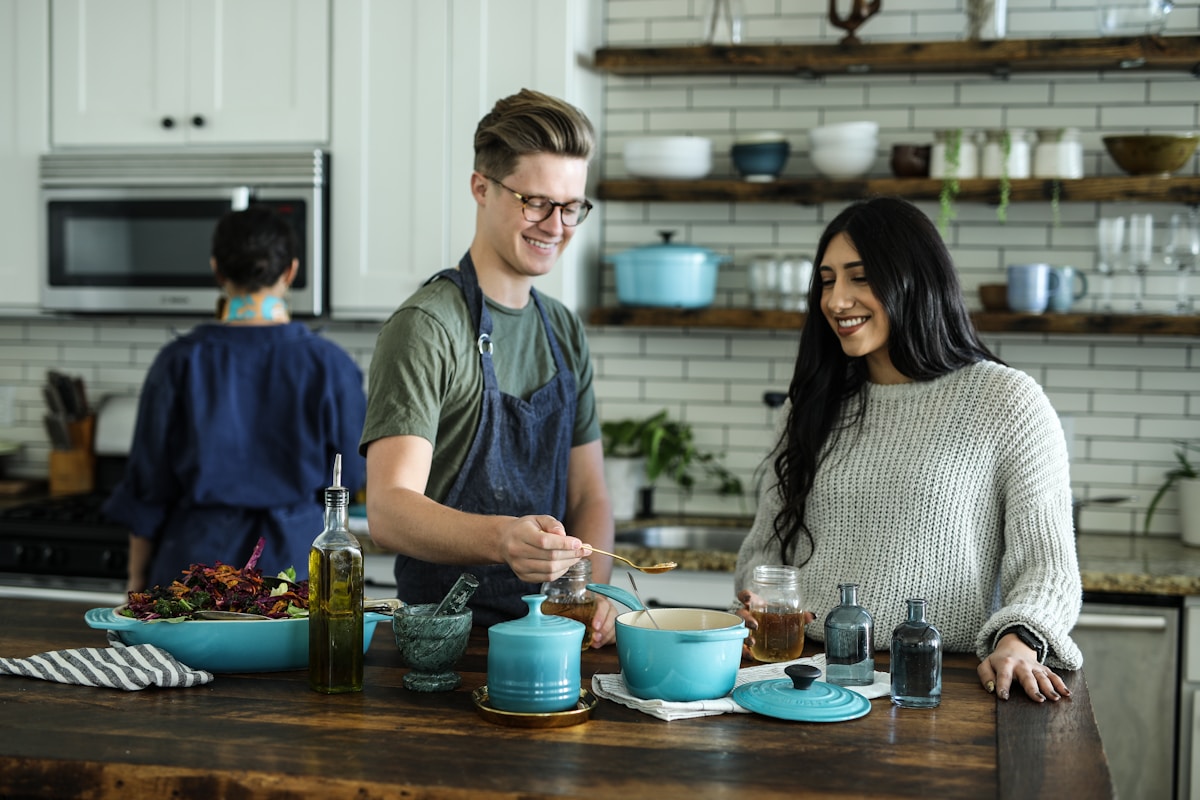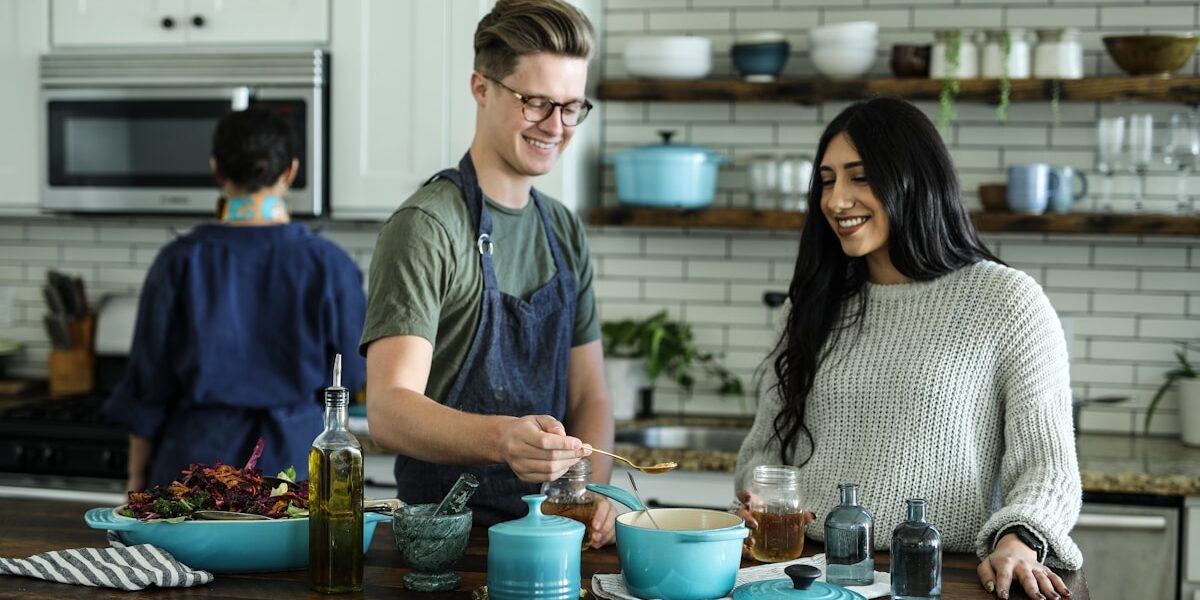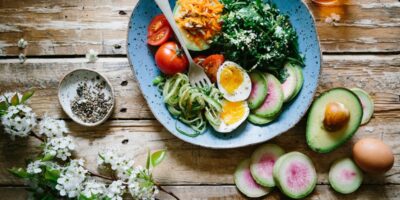Whether home cooking counts as a “real hobby” has gotten complicated with all the gatekeeping and debate flying around online. As someone who discovered that my evening cooking sessions bring more joy than any other downtime activity, I learned everything there is to know about where cooking fits in the hobby landscape. Today, I will share it all with you.

Probably should have led with this section, honestly: a hobby is something you do regularly for enjoyment, typically in your free time, without getting paid. Hobbies should be pleasurable, engaging, and help you build skills. By that definition, cooking absolutely qualifies—when you’re doing it because you want to, not just because you have to eat something.
That’s what makes cooking appealing to us hobbyists—it offers the same creative satisfaction as painting or woodworking, but you get a meal at the end. You control your ingredients, so you can make healthier choices. You save money compared to eating out. And it’s a skill that genuinely improves your daily life, not just something that sits on a shelf.
The mental health benefits are real too. Focusing on a recipe pulls your attention away from whatever stressed you out during the day. Finishing a dish and setting it on the table provides actual accomplishment. Sharing that meal amplifies the satisfaction—cooking for other people hits differently than cooking just for yourself.
Cooking also carries cultural weight that other hobbies don’t match. Recipes travel through generations. Food connects you to heritage, community, and family history. When you cook your grandmother’s recipe, you’re doing something that extends well beyond “here’s dinner.” That depth makes cooking uniquely satisfying as a long-term pursuit.
There’s an educational angle too—cooking gives you endless opportunity to learn. New techniques, unfamiliar cuisines, challenging recipes. The learning curve keeps it interesting in ways that simpler hobbies can’t sustain over years.
When approached with genuine interest, home cooking stops being a chore and becomes something you look forward to. It’s creative, relaxing, good for your health, and connects you to people and traditions that matter. Whether you’re making a quick weeknight dinner or spending an afternoon on a complicated dish, the kitchen offers more than most hobby spaces can match.



Leave a Reply